You are facing extraordinary futures, filled with change and disruption but also providing you with unimaginable opportunities. Just one picture of the unpredictable nature of you futures: nearly 50% of the jobs that will make up the economy of the 2030’s don’t exist today.



Consider a job to be a collection of tasks and activities undertaken to different degrees of repetition and routine. The variety and the importance of each task and activity, and the intensity with which they are required—their frequency and duration—in order to perform to a high standard requires a combination of specific behavior preferences. You might regard this as the behavioral DNA of a job, and companies are getting smarter at applying this understanding in their hiring.
So then it’s simple: the closer the match between your naturally predisposed behavior preferences and the behavioral demands of the job, the higher the level of performance.
To underscore the importance of behavior in career choice and workplace performance, here is a characterization of the consequences of a career decision, where there is a behavioral match to the job, and where there is not a behavioral match.
As your examination continues we recommend that you write about your preferred behaviors under headings like ‘How I like to work’ and ‘Why I like to behave the way I like to behave’ and ‘How I feel when I do a task the way I like to do it’.
The better you understand your naturally predisposed preferred behaviors the better you will get at finding ways to express them.
2. Start thinking about the work you want to do through the lens of your naturally predisposed behavior preferences.
About the author.
Mark Tully is co-founder of the Making a Life institute. Our mission is to arm homeschool high school students with the tools for preparing to get the most out of college, preparing for careers in the new economy, and preparing for the workplace to start fast and start strong. Because the brain is central to personal development and performance, we apply modern neuroscience.


